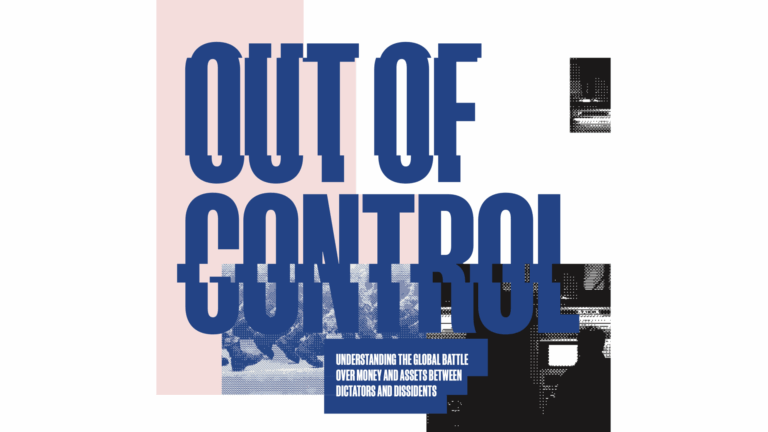At the 2020 Oslo Freedom Forum, the Human Rights Foundation hosted a panel discussion about how dictatorships employ cyber attacks at home and abroad. Panelists in this discussion included founder…
At the 2020 Oslo Freedom Forum, the Human Rights Foundation hosted a panel discussion about how dictatorships employ cyber attacks at home and abroad. Panelists in this discussion included founder and co-director of Lumen Jieun Baek, journalist and BBC correspondent Philippa Thomas, senior writer for WIRED Andy Greenberg, and president of the Kawaakibi Foundation Iyad El-Baghdadi. Watch the full session.
Dictatorships like Saudi Arabia, Russia, and North Korea are using their resources to hack not only their own citizens, but other governments and actors abroad. However, each one takes a different approach, with the aim to achieve different goals. In the context of cyber warfare, there are few constraints on potential rogue cyber powers, and democratic governments may not always be well-equipped on matters of cybersecurity.
Private companies, however, can play a key role in pushing back on technology such as the NSO Group’s surveillance programs, but there needs to be a shift in understanding state-sponsored hacking, cyber warfare, and how to address the cybersecurity threat that dictatorships present in order to create a system of norms to hold those responsible for cybersecurity attacks accountable.
In Saudi Arabia, for example, state-sponsored hacking initiatives are somewhat unique in that they aren’t disciplined. Rather, their hacking attempts are very obvious, a trait that hasn’t necessarily served them well.
Hacking attempts to control the conversation and plug in disinformation, creating disinformation networks. The state gives resources and political capital to narratives, using stolen data and disinformation to craft those narratives in an integrated system, rather than just as a tool to access data. In Saudi Arabia, hacking is focused on legitimacy narratives, or selling a particular story about what the government wants to the rest of the world, and creating fake public opinion to “support” what the state wants.
An example of dictatorships realizing the power in social media networks comes from nearby Bahrain: in 2011, when the Oslo Freedom Forum featured a Bahraini activist, troll farms in the country took over one of the OFF hashtags in an attempt to keep people from discussing what was happening.
In North Korea, however, hacking, is part of the state’s asymmetric military capabilities, along with the threat of nuclear power. Unlike Saudi Arabia, North Korea’s use of cyber warfare is extremely disciplined. As long as there is a stalemate with South Korea, and South Korea keeps its allies with conventional military capabilities, the North Korean regime will be motivated to diversify asymmetric military capabilities. These require few resources to develop, and there are few, if any, consequences for going rogue.
While Saudi Arabia and North Korea have both used hacking to accomplish their goals, they have not been responsible for total cyber warfare. Russia has provided a limited glimpse of what cyber warfare might look like on a larger scale in the form of Sandworm, a state-backed hacking group responsible for rolling blackouts, data destruction, and critical infrastructure targets in the Ukraine/Crimea invasion.
Watch the full panel discussion below for more insights on this topic.







